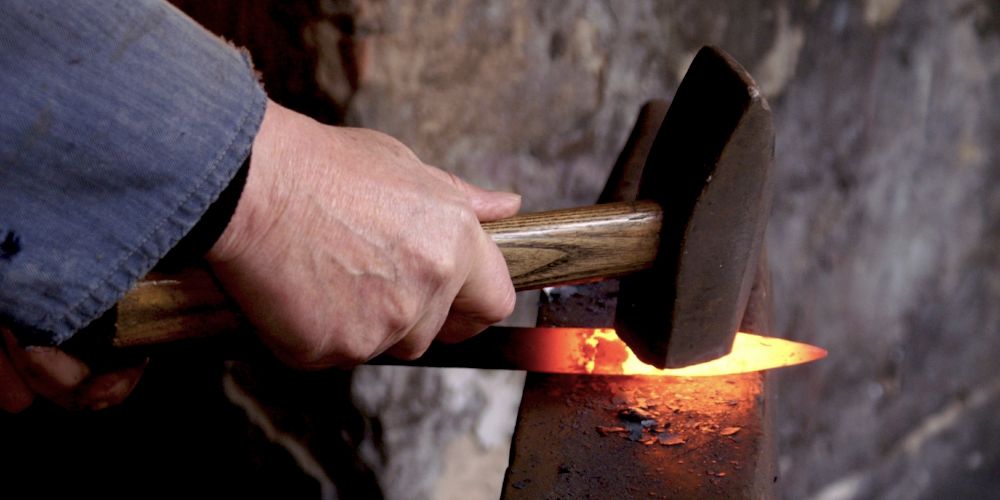D&D and PC gaming are stereotypically nerdy hobbies. If you really want to impress yourself (or someone else), you should try your hand at unique and unheard of hobbies instead.
Once you've picked up a new hobby, you can even use it as an instant icebreaker when meeting new people.
Check out these nerdy hobbies that haven't gone mainstream yet, and you might find one that you're naturally good at.
1. Archery
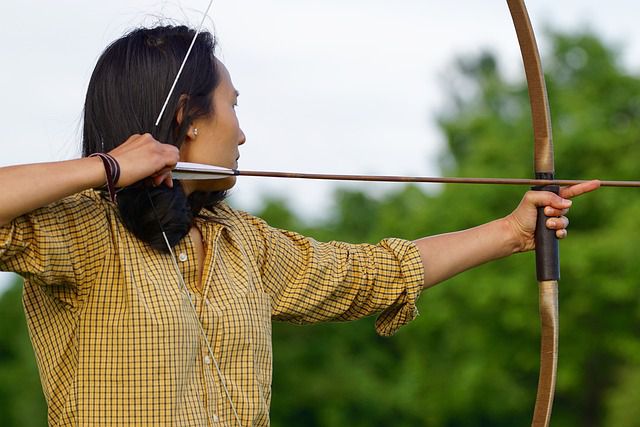
The amount of people practicing archery has dwindled due to the popularity of firearms.
Now's the best time to pick up a bow and arrow, and transport yourself back to medieval times. Channel your inner Link as you strive to hit the center of each target.
The expenses associated with archery really depend on which form you choose. Traditional archery, 3D archery, target archery, and field archery all have different costs and requirements.
In general, you'll mostly have to spend on a bow, arrows, targets, and tournament fees (if you decide to enter).
2. Blacksmithing
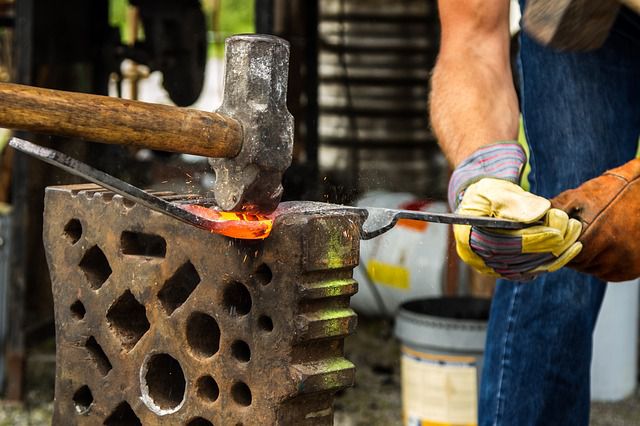
Blacksmithing is another one of those arts that have been overshadowed by modern technology.
This ancient hobby will make you feel as if you've just stepped into a different time. Forge swords, knives, statues, and furniture out of pure iron or steel.
To get started, you'll need a forge, some fuel, a hammer, an anvil, induced air, metal materials, water, and safety gear.
While you can actually make your own forge and simply use charcoal as fuel, you'll have to invest in some quality metal, an apron, goggles, gloves, and an anvil weighing at least 150 pounds.
You can even make a career out of this hobby and try to sell some of your creations.
3. Bookbinding

If you're into journaling or if you want to make some cheap gifts, consider bookbinding as your next hobby.
Bookbinding also comes in handy if you're an aspiring author—instead of sending your book to a costly publisher, simply print out the pages of your book, and bind it together yourself.
Bookbinding won't leave a huge dent in your wallet either. You'll need special glue, book cloth, binding board, leather, thread, a sewing needle, bookbinding tapes, and the actual pages of your book. You can find most of these materials at a crafting store or online.
4. Cross Stitching
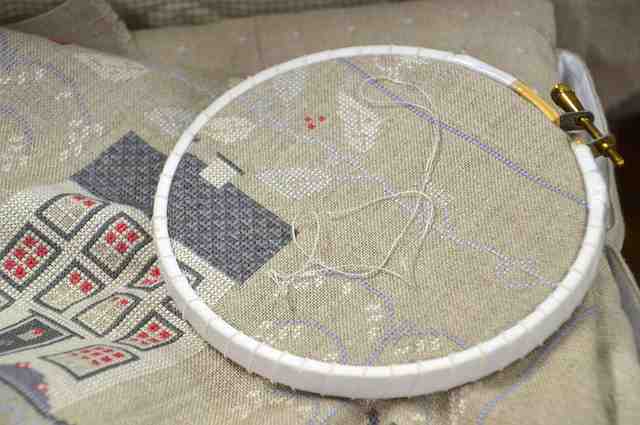
Cross stitching is considered one of those "old lady hobbies," but anyone can do it. It's a relaxing way to create a beautiful homemade design.
If you don't know your way around a needle and thread, you might have some difficulties catching on in the beginning. With just a little practice, you'll become an expert at your craft.
You can get started after you buy some fabric, an embroidery hoop, needles, and thread. Don't forget to pick out a pattern to model your design after.
5. Calligraphy

I can safely say that calligraphy has pretty much vanished from Western culture.
Cursive isn't popular in schools these days, and an insane amount of young people don't even know how to properly sign their own name. Take your handwriting to the next level, and learn how to do calligraphy.
Choose from several different font styles, and make your handwriting look like one of the script fonts from Microsoft Word. To start, you'll need some brush pens, a pencil, dip pens, markers, and parallel pens.
6. Speedsolving

Have you ever seen someone solve a Rubik's Cube in a matter of seconds? You can do the same if you have an affinity for math and puzzles. Speedsolving (also called speedcubing) is the practice of solving a Rubik's Cube as fast as you can.
By using one of the several methods found by speedsolvers, you can figure out the pattern of a Rubik's Cube in a snap. At the latest World Rubik's Cube Championship in 2017, the winner managed to solve the cube in only 6.85 seconds.
7. Foraging
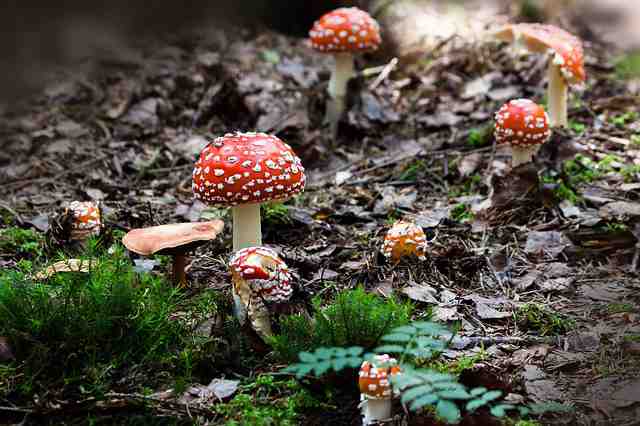
Don't you just love free food? With foraging, you can find your own food that grows in the great outdoors.
You don't need any supplies to start (other than a bag to collect some plants), but you do need to know what to look for—the last thing you want is to munch on something poisonous.
You can actually make some money foraging, especially if you find and sell expensive mushrooms. After you learn how to identify the edible plants and mushrooms in your area, you'll have the freshest food around.
8. Beekeeping
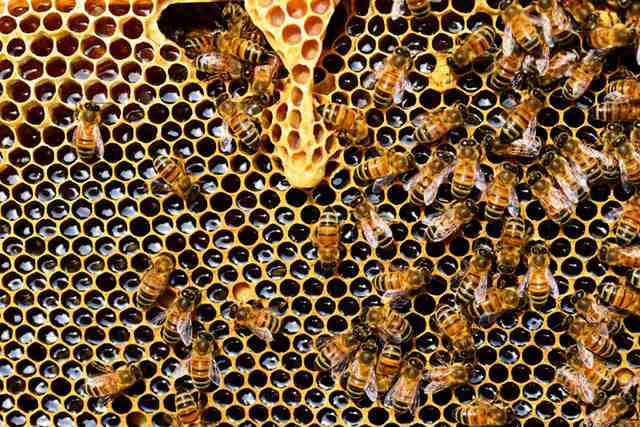
You might not like the idea of dealing with hundreds of bees on a daily basis, but hear me out.
Becoming a beekeeper is like renting out your backyard—you get to keep a whole colony of bees, and in return, you'll get deliciously fresh honey.
You'll have the buy the bees, as well as beekeeping boxes. If you don't want to get stung, make sure to wear the full beekeeping getup. While beekeeping can get pricey, you might be able to earn what you've spent by selling honey.
9. Gold Panning

When you think about gold panning, you probably imagine a thick-bearded man wearing plaid and overalls, while stooping over a river with a pan. Back in the mid-1800s, that wasn't an uncommon sight.
Fortunately, not all the gold has dried up since then—you just have to pan in the right places. A gold trap pan is all you need to get started, and if you get lucky, you might strike gold.
10. Metal Detecting

Like gold panning, metal detecting is another one of those hit or miss hobbies. That doesn't make it any less fun, but don't get discouraged if you don't see results right away.
The thrill of metal detecting comes with not knowing what you're going to find. Uncover anything from gold, old coins, jewelry, and more. Pick up an entry-level metal detector for about $100, soak up the sun at the beach, and start hunting.
Changing It Up
It's never too late to go outside of your comfort zone and try a new hobby. Why not add something as cool as blacksmithing or archery to your pool of knowledge? Step outside the nerdy lifestyle and try one of the above hobbies for a change!
